The lush fields and abundant harvests of Brazil's agricultural sector have long been promoted as a model of organic production, with countless products bearing the coveted "organic" label fetching premium prices in domestic and international markets. However, a shocking investigation has revealed that more than 30% of these certifications may be completely fraudulent, exposing a systemic pattern of deception that threatens to undermine consumer trust in the entire organic food industry.
Federal investigators working with Brazil's Ministry of Agriculture uncovered the elaborate scheme after months of undercover operations and laboratory testing. What began as routine inspections of organic producers quickly escalated into one of the country's largest food fraud cases when officials noticed discrepancies between certification documents and actual farming practices. The scale of deception has sent shockwaves through global food markets, particularly in Europe and North America where Brazilian organic products have gained significant market share.
Behind the Green Facade
At the heart of the scandal are several supposedly independent certification bodies that allegedly took bribes to grant organic status to conventional farms. These operations ranged from small family-run properties to large agricultural enterprises, all paying substantial fees to obtain fraudulent paperwork without making the required changes to their farming methods. Investigators found that many "certified organic" farms were using prohibited synthetic pesticides, chemical fertilizers, and other substances banned in organic production.
The fraud was particularly prevalent in Brazil's booming soybean, coffee, and tropical fruit sectors - all major export commodities where the organic label commands significantly higher prices. In some regions, investigators discovered entire cooperatives where the majority of members held fraudulent certifications. The sophisticated operation included forged inspection records, fake audit trails, and even staged "organic" fields that were shown to inspectors while the majority of production continued using conventional methods.
Consumer Trust Erodes as Evidence Mounts
Laboratory analysis conducted as part of the investigation revealed disturbing findings. Random testing of products sold under organic labels showed pesticide residues in approximately 34% of samples - a figure that aligns closely with the estimated percentage of fraudulent certifications. Some products contained chemical levels comparable to conventional produce, despite being sold at organic price points that were sometimes double or triple the standard market rate.
The scandal has particularly damaged Brazil's reputation among international buyers who had increasingly turned to the country as a reliable source of organic raw materials. European importers, who account for nearly 40% of Brazil's organic exports, have begun demanding additional verification measures. Several supermarket chains in Germany and France have already pulled Brazilian organic products from shelves pending further investigation.
The Certification Breakdown
Brazil's organic certification system operates on a decentralized model where private organizations accredited by the government conduct inspections and grant certifications. This structure, designed to encourage growth in the organic sector, appears to have been exploited by unscrupulous operators. Investigators found that some certification bodies had essentially become rubber-stamp operations, conducting superficial inspections or in some cases no inspections at all.
Perhaps most alarmingly, the fraud wasn't limited to obscure certification companies. Several well-established agencies with international recognition were implicated, suggesting the problem goes deeper than a few bad actors. Documents obtained by investigators show that some certifiers maintained two sets of books - one with real inspection results for internal use, and another sanitized version for regulatory compliance.
Economic Motivations Behind the Fraud
The financial incentives for organic fraud are substantial in Brazil's agricultural economy. Organic soybeans, for example, can sell for 50-75% more than conventional varieties. For coffee, the premium often exceeds 100%. With such dramatic price differences, the temptation to cut corners proved overwhelming for some producers - especially when coupled with what appears to have been lax oversight of the certification process.
Smaller farmers caught up in the scandal have claimed they felt pressured to obtain organic certification to remain competitive, even if they couldn't afford the transition period required to genuinely meet organic standards. Some reported being approached by certification "consultants" who offered guaranteed organic status for a fee, no questions asked. These intermediaries allegedly acted as go-betweens for corrupt certification bodies.
Government Response and Industry Fallout
Brazilian authorities have moved quickly to contain the damage, suspending operations at 11 certification bodies and initiating criminal proceedings against dozens of individuals. The Ministry of Agriculture announced sweeping reforms to the organic oversight system, including mandatory unannounced inspections, randomized product testing, and stricter requirements for certification body accreditation.
The legitimate organic industry in Brazil has reacted with a mixture of anger and concern. Ethical producers who invested years and significant resources in proper organic conversion now find their products under suspicion by default. Industry associations have called for immediate measures to distinguish compliant operators from fraudulent ones, including the creation of a public database where consumers can verify certification status.
Global Implications of the Scandal
International organic standards organizations are closely monitoring the situation, as many fraudulent Brazilian products entered global supply chains bearing certifications recognized worldwide. The incident has reignited debates about the adequacy of current organic verification systems, particularly for imported goods. Some experts argue that the Brazil case exposes fundamental weaknesses in organic certification models that rely heavily on paperwork rather than rigorous scientific testing.
Consumer advocacy groups are using the scandal to push for more frequent and comprehensive pesticide residue testing of organic products, regardless of their certification status. There are also calls for blockchain-based traceability systems that would make supply chains more transparent and harder to manipulate. The Brazil situation serves as a stark reminder that as the organic market grows, so too do the incentives for fraud.
Road to Recovery
Rebuilding trust in Brazil's organic sector will be a long and difficult process. Beyond regulatory changes, the country faces the challenge of convincing skeptical buyers that its certification system has been thoroughly reformed. Some larger producers have begun implementing their own verification programs, including DNA testing and isotopic analysis that can detect synthetic fertilizer use.
The scandal arrives at a particularly inopportune time for Brazil's agricultural sector, which has been positioning itself as a sustainable food supplier ahead of crucial international climate negotiations. The organic fraud revelations threaten to undermine this narrative, potentially affecting not just organic sales but Brazil's broader agricultural reputation.
As investigations continue and more details emerge, one thing has become painfully clear: the organic label is only as valuable as the systems that protect its integrity. For Brazil - and indeed for the global organic movement - the path forward must include stronger safeguards to ensure that consumers get what they pay for, and that honest producers don't suffer for the sins of the fraudulent.
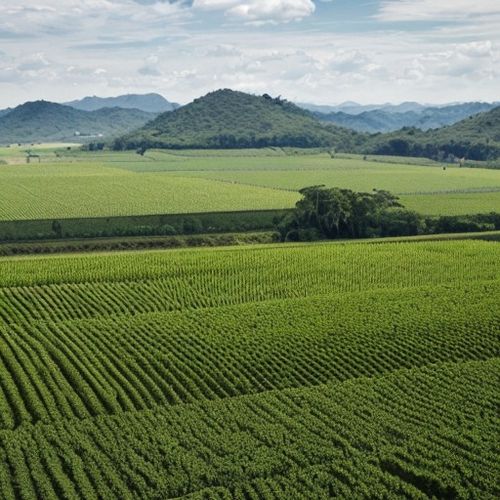
By Jessica Lee/Apr 9, 2025

By Eric Ward/Apr 9, 2025
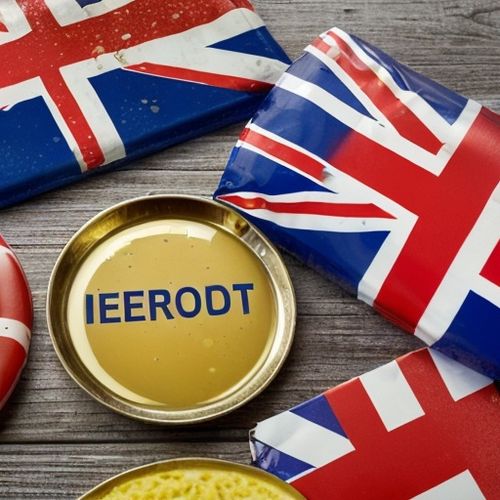
By Grace Cox/Apr 9, 2025

By Joshua Howard/Apr 9, 2025
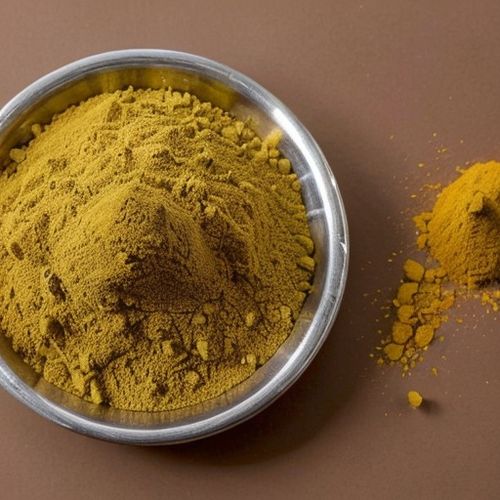
By Noah Bell/Apr 9, 2025
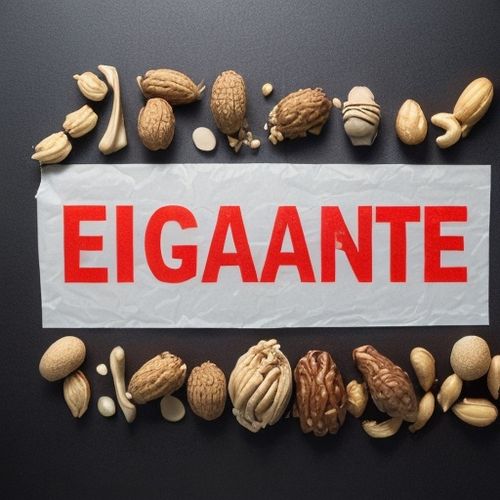
By Natalie Campbell/Apr 9, 2025
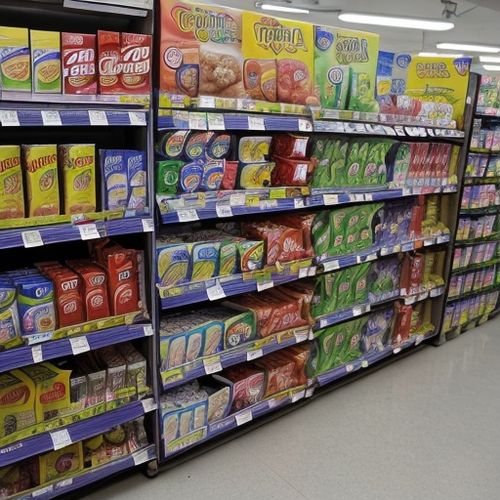
By Grace Cox/Apr 9, 2025

By Emma Thompson/Apr 9, 2025

By James Moore/Apr 9, 2025
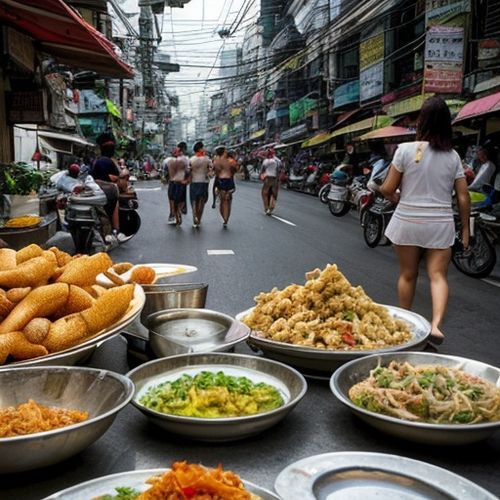
By Daniel Scott/Apr 9, 2025

By Victoria Gonzalez/Apr 9, 2025

By Noah Bell/Apr 9, 2025

By Ryan Martin/Apr 9, 2025
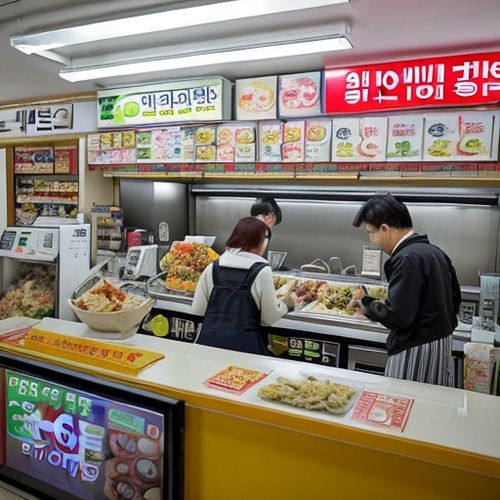
By Emma Thompson/Apr 9, 2025

By Emma Thompson/Apr 9, 2025
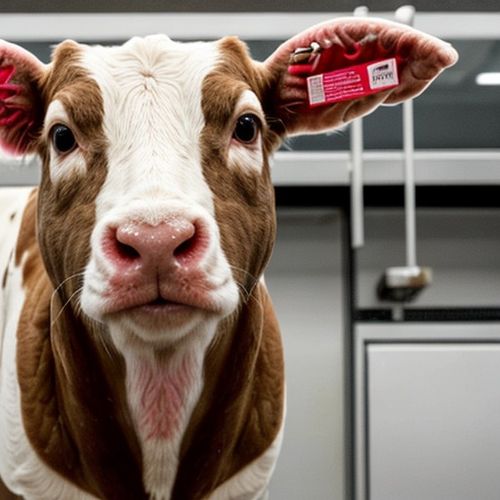
By Daniel Scott/Apr 9, 2025
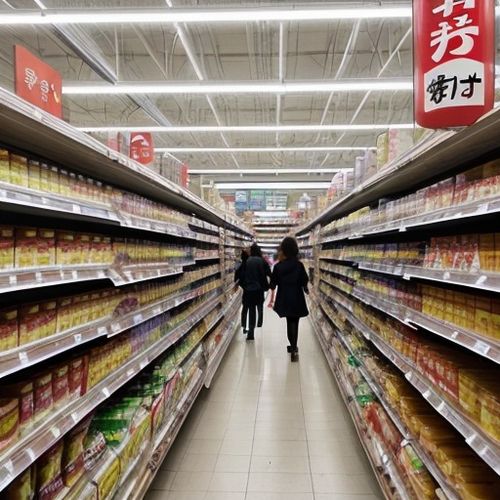
By Christopher Harris/Apr 9, 2025
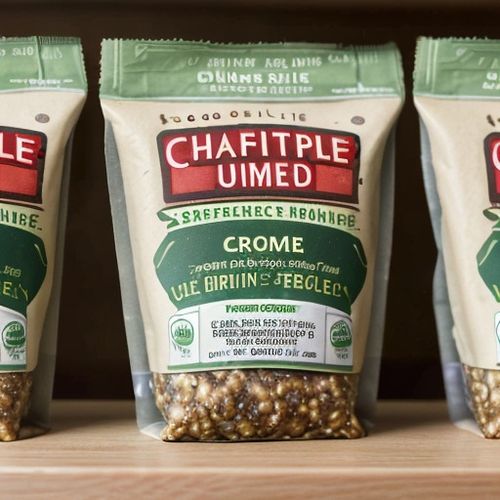
By Joshua Howard/Apr 9, 2025